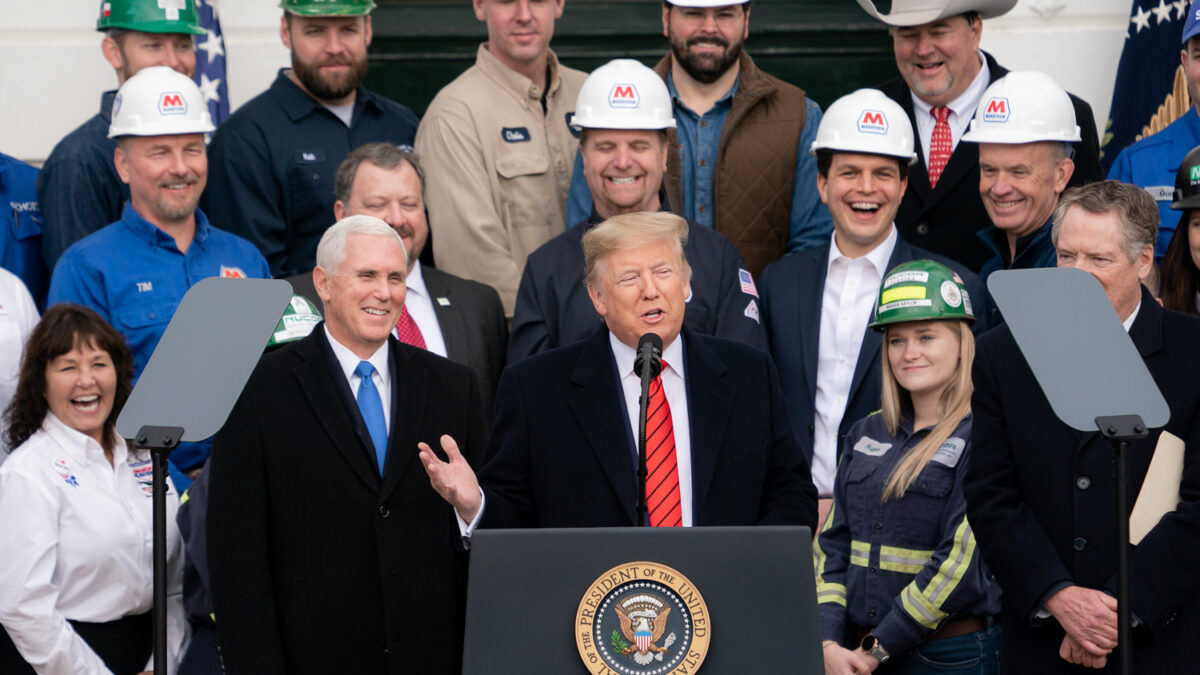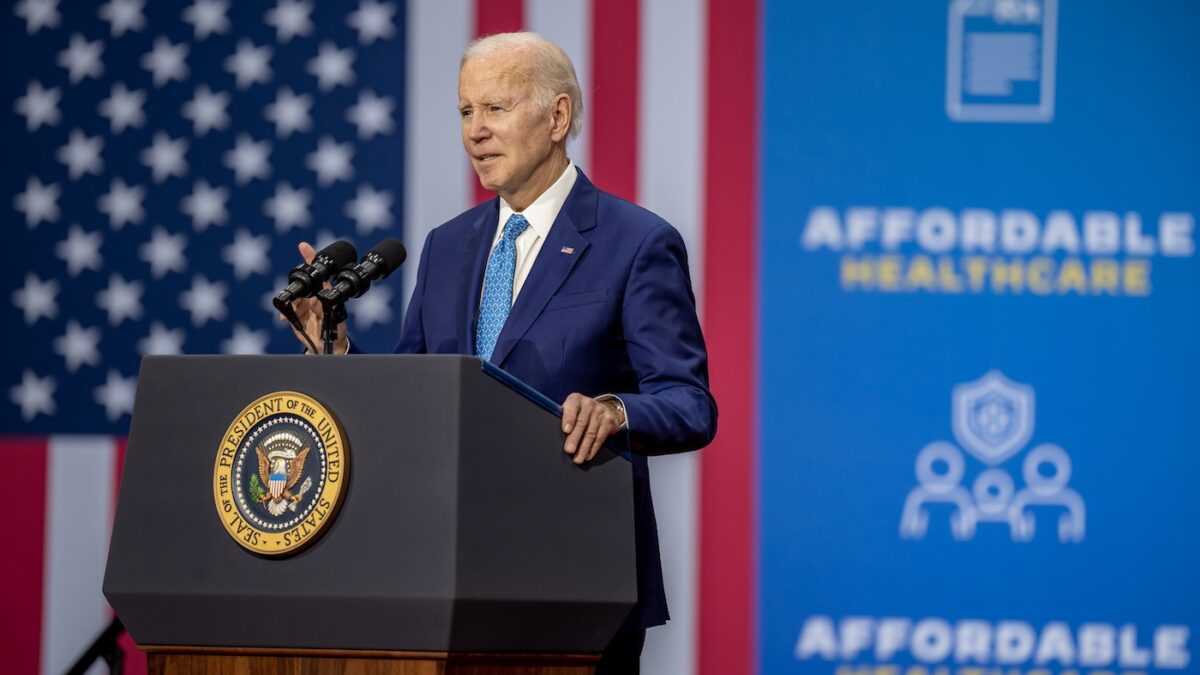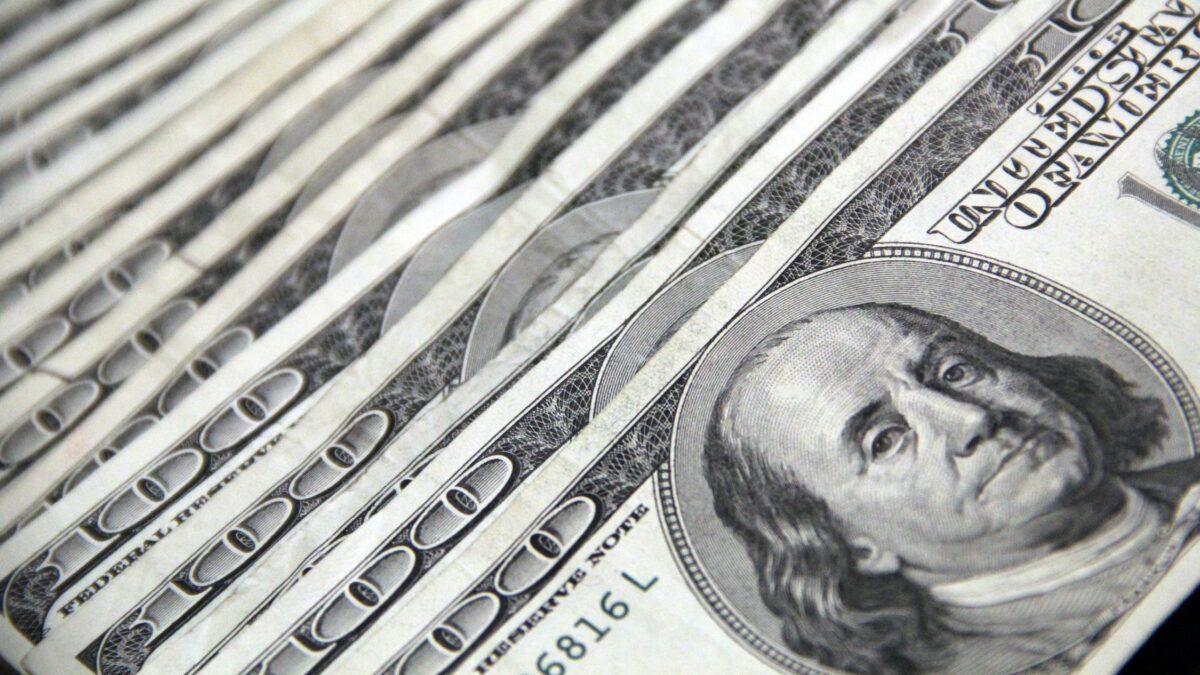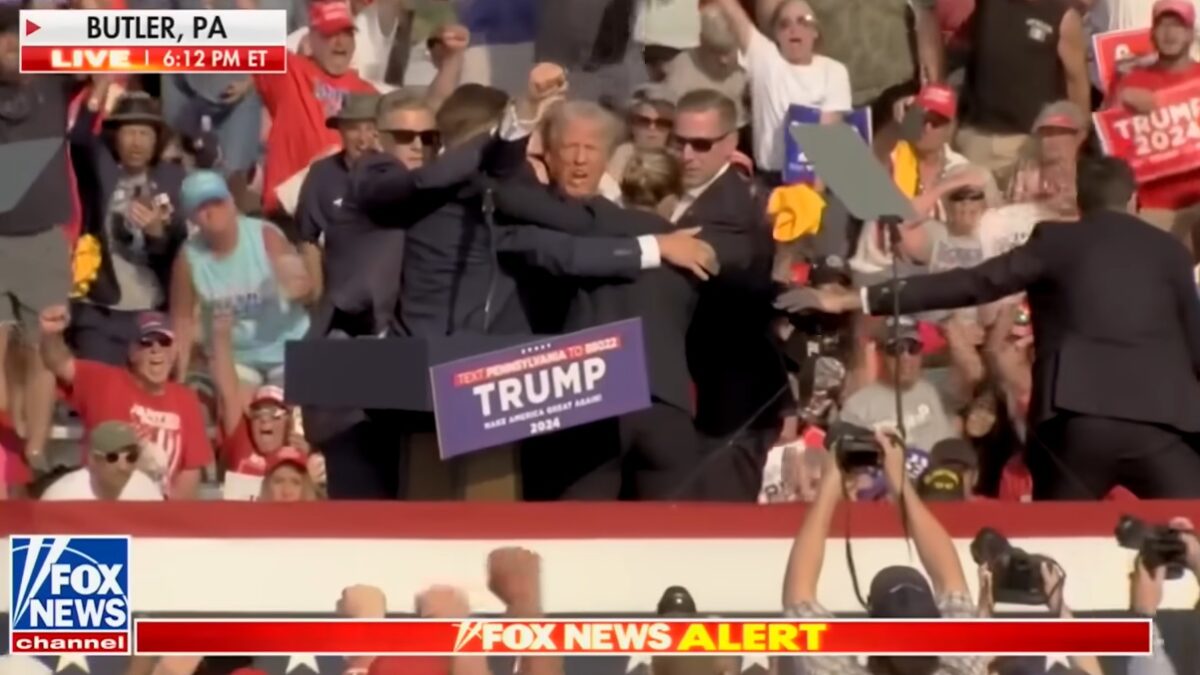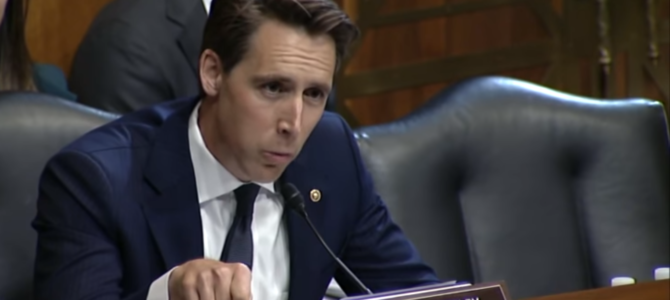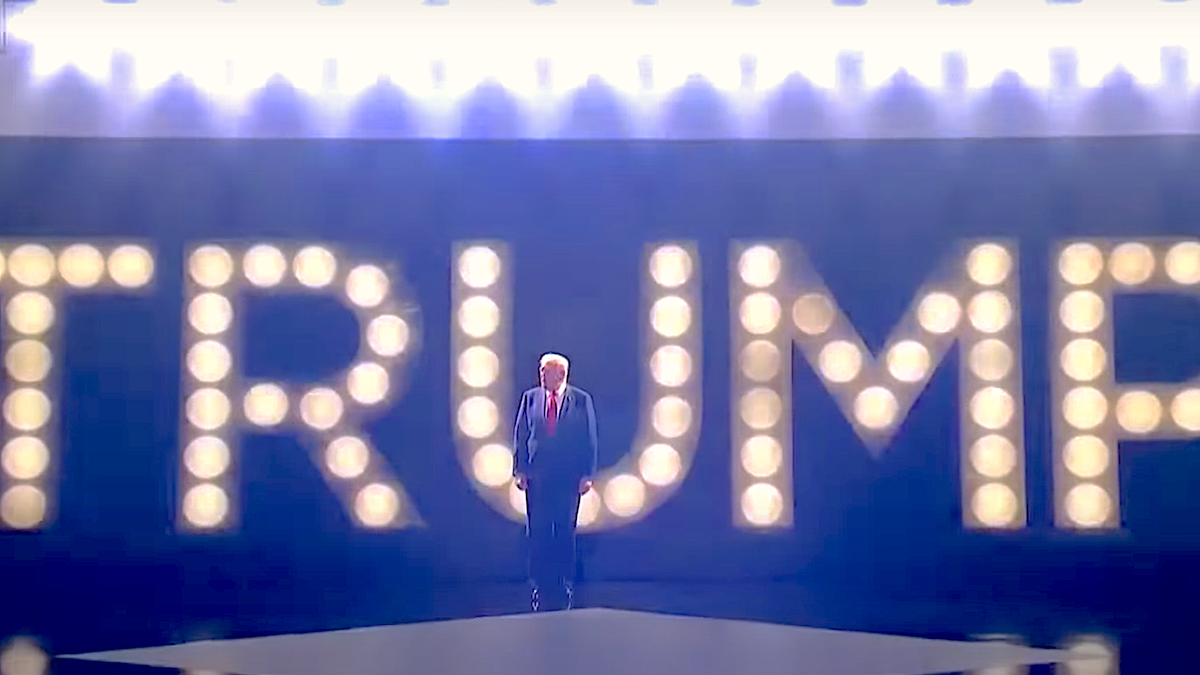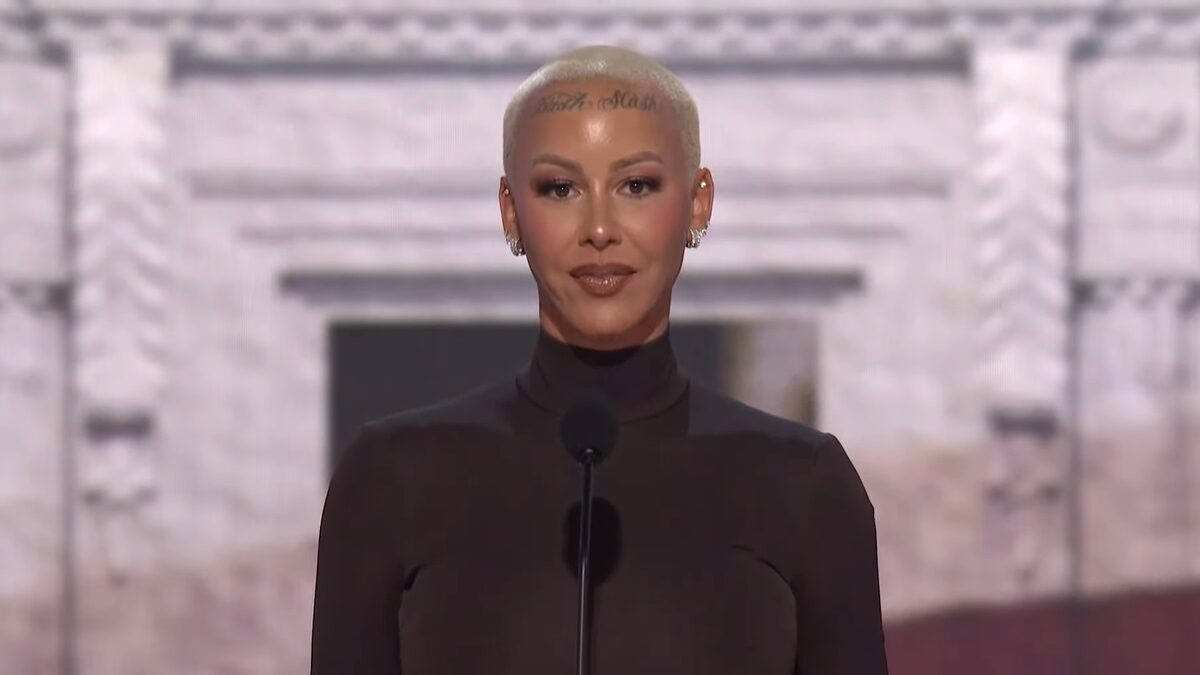In late June, 16 Nobel economists led by former World Bank Chief Economist Joseph Stiglitz issued a letter warning that a second Trump term would have “a negative impact on America’s economic standing in the world and a destabilizing effect on the U.S. domestic economy.” Among the gripes: Trump’s “fiscally irresponsible” budget plans and the “vagaries of his actions and policies” in relations with other countries.
If the past is anything to go by, this is probably the most powerful endorsement of the Trump presidency yet.
The letter writers are not socialists. Like all good economists, they know that free trade, free markets, sound money, and balanced budgets are generally a good idea. They also know, as good economists do, that politicians need to get involved now and again to keep the Good Ship Capitalism afloat.
That’s where things get tricky. Economists are out of their depth in thinking about the complex interaction of politics and economics. As a result, they tend to fall back on a simple rule of thumb: trust the government when it is run by center-left technocrats like themselves. If populists are involved, they stand in opposition even if the results would be good. They fail to see that populists of the right are often better stewards of the economy than center-left technocrats or populists of the left.
If the laureates had a better grasp of the difference between academic theory and policy practice, they would not have issued their silly letter. As an International Monetary Fund official noted in a sharp riposte to Stiglitz’s left-populist book Globalization and its Discontents of 2002: “Stiglitz evidently feels that being a top-notch academic economist is ample qualification for being a good policymaker. The fact is that Joe got a late start in policymaking and shows it.”
This is not the first time Nobel economists have miscalculated by dabbling in politics. Back in 1997, during the heyday of the Clinton-Gore technocracy, a feisty Congress led by Republican party populists grew alarmed by the federal debt, which had doubled to 63 percent of GDP from a post-war low of 31 percent in 1981. A coterie of more than 1,000 economists, including 11 Nobel laureates, rushed out a joint statement calling a balanced budget proposal “unsound and unnecessary.” In retrospect, the economists opposed what might have been the last chance to save the American economy from its current fiscal crisis.
Similarly back in 1986, when President Reagan was using his populist skills to force Japan to reduce protectionist barriers, a group of 12 Nobel laureates called on the president to “resist the pressures for protectionist measures.”
Reagan was an avid free trader, but he also understood the politics of lowering trade barriers better than the economists. His negotiated “voluntary export restraints” with Japan and other countries covered 18 percent of total U.S. imports by 1989. This muscular use of selective protectionism gave him political cover to launch a new round of global trade liberalization that led to the creation of the World Trade Organization. In retrospect, the economists should have stuck to what they knew best.
This week’s letter comes against a backdrop of the same two issues, now looming like Godzilla over American prosperity. The federal debt is now 123 percent of GDP according to the International Monetary Fund, while China’s looting of the American economy through dumping, theft, and domestic barriers to American companies makes the Japan of yore look positively angelic. Warning that Trump will cause inflation, deficits, and threats to American prosperity after a president who has broken historical barriers on all three measures does not pass the laugh test.
In 2021, nearly the same group, including Stiglitz, issued another open letter promising that Biden’s spending blowout would reduce inflation. As The Federalist’s David Harsanyi noted at the time, this was part of a broader pattern of left-leaning economists supporting each and every Democratic Party spending blow-out as a boon to the economy, while issuing dark warnings about Republican policies to cut taxes.
The time seems ripe for some muscular restructuring of the American economy with reduced taxes, more investment, and a return to Reaganite big sticks on trade. Unless of course that intervention is led by a crude populist of the right like Trump who would never be invited to the faculty lounge. Stiglitz has called Trump a con man and a fascist among other epithets.
It’s worth noting that economists also sounded the alarm about populists of the right like Argentina’s current libertarian populist president Javier Milei and former populist Conservative Prime Minister Liz Truss of Britain. The U.K. is about to find out how much it wished Truss had survived her battle with the markets, while Milei’s tough medicine is expected by the IMF to cut Argentina’s inflation from 250 percent this year to 60 percent next year, paving the way for 5 percent real growth.
About the best thing that Trump can say in favor of his economic policies is that they are opposed by a group of Nobel economists.
